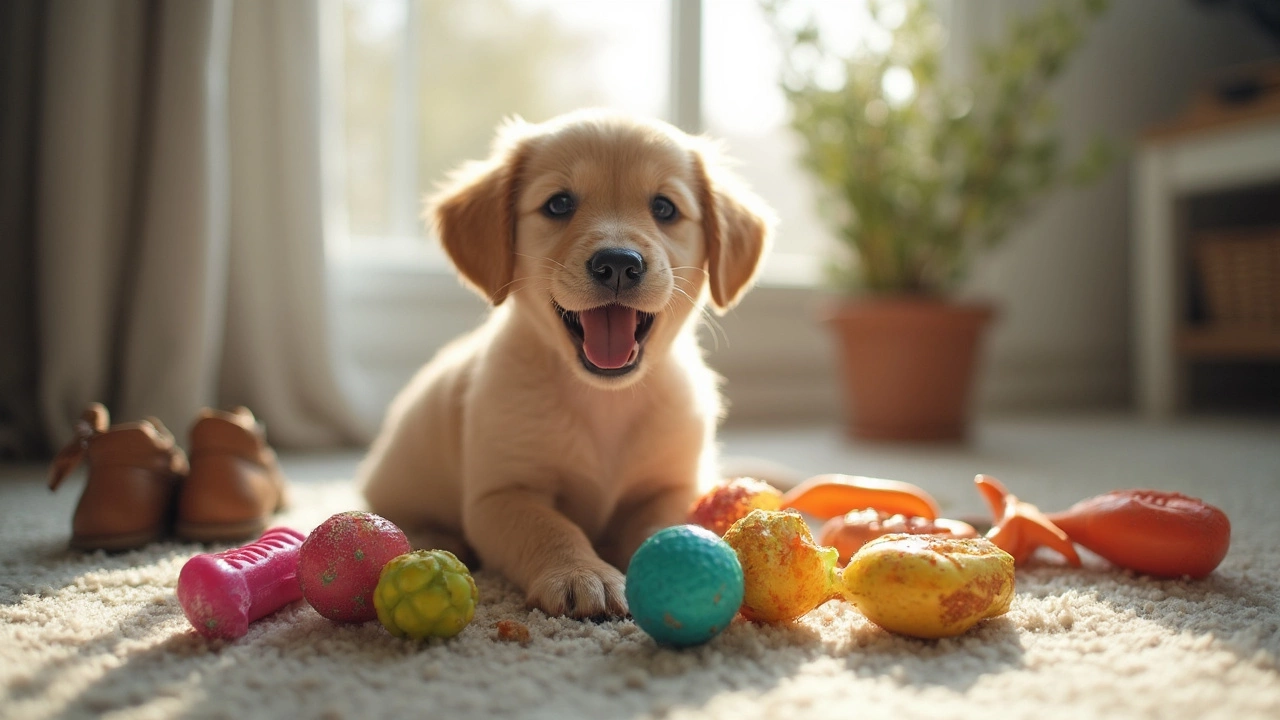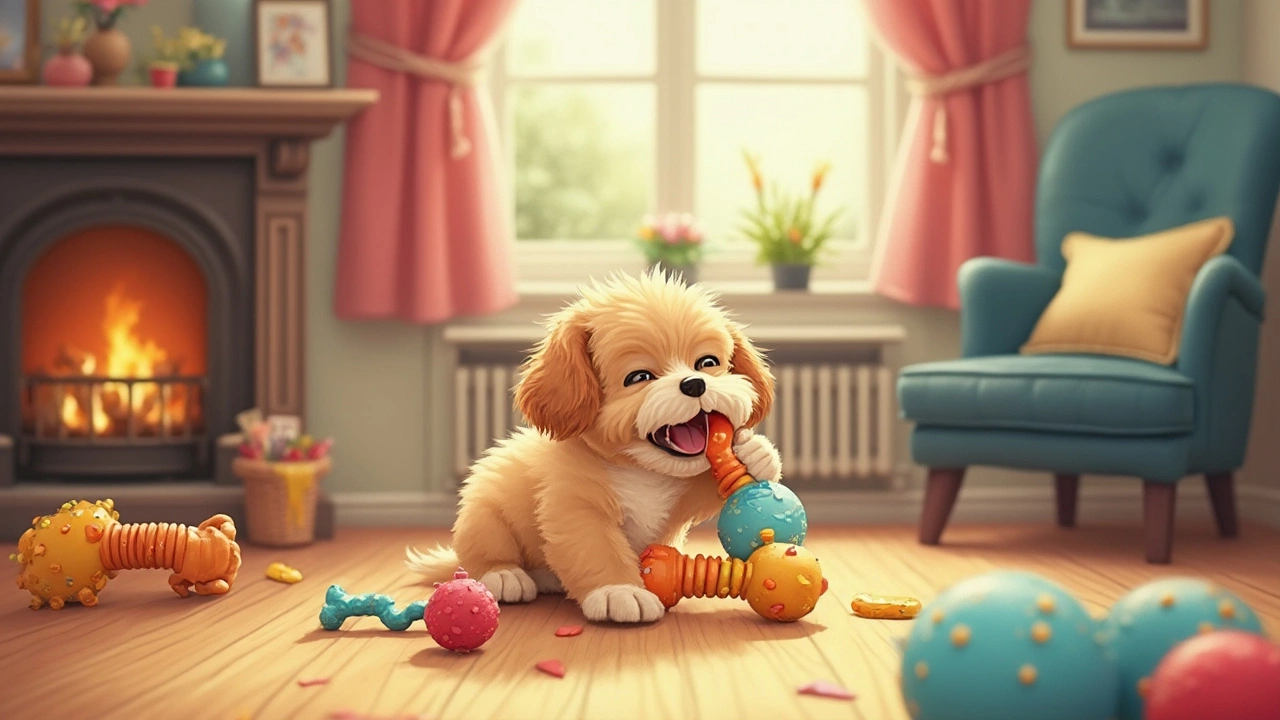Safe Puppy Toys – Choose the Best Non‑Toxic Chews for Your Pup
If you’ve just brought a new puppy home, the first thing on your mind is probably a toy to keep them occupied. Not all toys are created equal – some can break apart, choke your pup, or contain chemicals you don’t want them chewing. Below you’ll get straight‑forward advice on what makes a toy safe, what to avoid, and which types work best for most puppies.
Why safety matters
Puppies love to explore with their mouths. A small plastic piece can become a choking hazard in seconds, and cheap paint can irritate their gums. A safe toy reduces the risk of injury, keeps your home tidy, and helps your puppy develop healthy chewing habits. When a toy lasts longer, you also save money.
Choosing the right toys
Size matters. Pick a toy that’s at least as big as your puppy’s mouth. Anything smaller can be swallowed whole. If the toy is too big, they won’t be able to grip it, so aim for a middle ground.
Material counts. Natural rubber, sturdy nylon, and high‑grade silicone are the safest options. They’re tough enough to survive a determined bite, yet gentle on gums. Avoid toys with hard plastic beads or glass eyes – they break easily.
No loose parts. Squeakers, strings, or detachable accessories are tempting, but they often pop out when the puppy chews. If you love a squeaker, choose one that’s encased inside a solid body.
Look for non‑toxic labels. Many manufacturers certify their toys as BPA‑free, phthalate‑free, and made in the US or EU. Those certifications mean the toy has passed basic safety tests.
Durability over flash. Bright colors and glitter look fun, but they can chip off and be ingested. A plain, sturdy chew bone may be less eye‑catching, but it will hold up longer.
Here are a few safe categories you can start with:
- Natural rubber chew toys: Soft enough for gums, firm enough to last weeks.
- Nylon bones: Great for aggressive chewers; they can be flavored for extra appeal.
- Plush toys with no squeaker: Choose ones made from tightly‑stitched fabric and a solid interior.
- Treat‑dispensing puzzles: Look for models with large openings so pieces don’t fall out.
When you buy from a reputable shop like Nelson’s Equestrian and Pet Supplies, you get products that meet UK safety standards and a chance to ask staff for personal recommendations.
Cleaning tip: Wash fabric toys in the washing machine on a gentle cycle and let them air‑dry. Rubber and nylon toys can be rinsed with warm, soapy water and dried with a towel.
Finally, keep an eye on your puppy during play. Even the safest toy can become a problem if it starts to crumble. If you notice pieces breaking off, replace the toy right away.
Quick safety checklist:
- Is the toy larger than your puppy’s mouth?
- Is it made of rubber, nylon, or solid silicone?
- No loose parts or tiny squeakers?
- Certified non‑toxic and BPA‑free?
- Easy to clean and inspect regularly?
Follow these steps and you’ll give your puppy a fun, safe playtime that helps them grow strong and confident.
Puppy Chew Toys: What Should I Give My Puppy to Chew On?
Picking the right chew toys can save your sanity and your furniture when you have a teething puppy at home. This article breaks down which chewing items are safe, which ones to avoid, and hands-on tips to keep your pup happily occupied. Explore how chew toys support healthy teeth and behavior, and get smart ideas for both store-bought and DIY options. You'll also learn signs that a toy isn't safe, so your puppy stays happy and healthy. All practical info and real-life advice, straight from someone who's been there.
Puppy Chew Toys: What Do Vets Recommend?
Choosing the right chew toys for puppies is crucial for their development and safety. Vets often recommend toys that help with teething, promote dental health, and provide mental stimulation. It's important to avoid toys made of unsafe materials or those that pose choking hazards. Learn which types of toys vets approve of and why they are essential for a puppy's growth.

